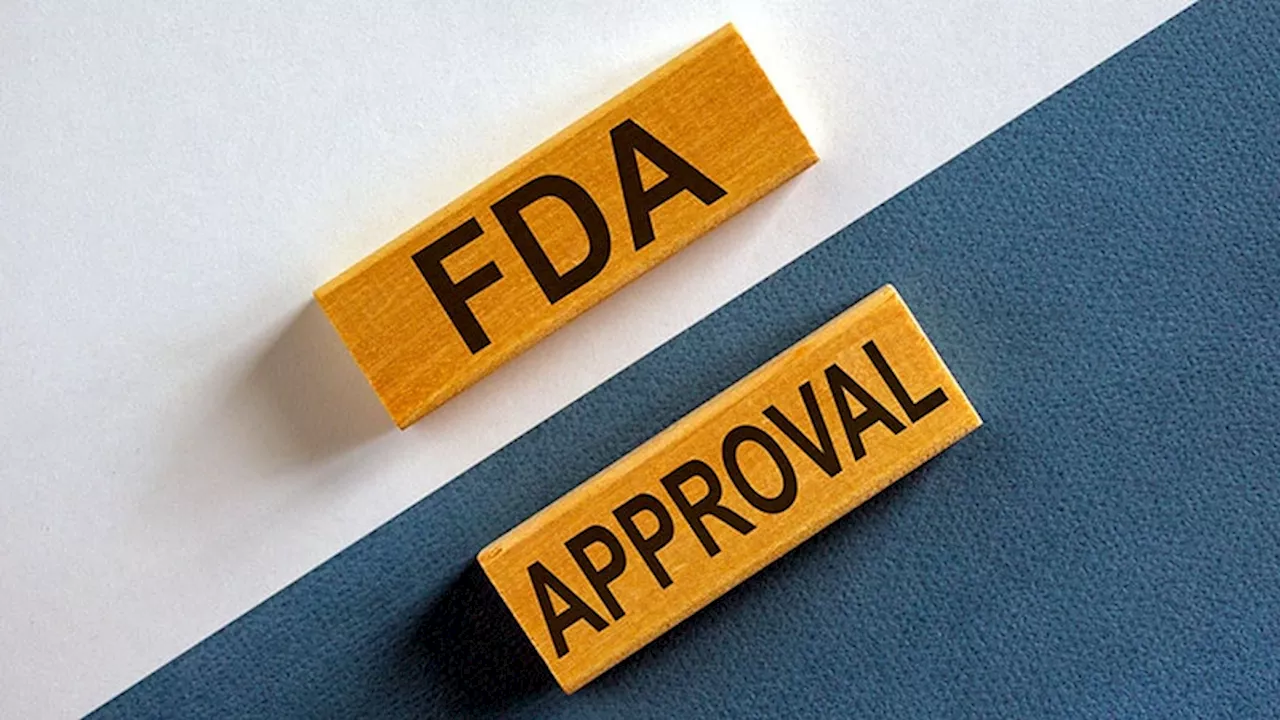Accelerated aging — which is when biological age is greater than their chronological age — could increase cancer risk, according to research presented at the Association for Cancer Research meeting.
Accelerated aging — when someone’s biological age is greater than their chronological age — could increase the risk of cancer tumors. That’s according to new research presented this week at the American Association for Cancer Research Annual Meeting in San Diego, California. 'Historically, both cancer and aging have been viewed primarily as concerns for older populations,' Ruiyi Tian, MPH, a graduate student at Washington University School of Medicine in St.
Those with a higher biological age had a 42% increased risk of early-onset lung cancer, were 22% more prone to early-onset gastrointestinal cancer, and had a 36% higher risk for early-onset uterine cancer. The researchers also determined that people born after 1965 were 17% more likely to experience accelerated aging than those born in earlier decades.
United Kingdom Latest News, United Kingdom Headlines
Similar News:You can also read news stories similar to this one that we have collected from other news sources.
 Many cancer drugs remain unproven 5 years after accelerated approval, a study findsResearchers find that most cancer drugs granted accelerated approval by the U.S. Food and Drug Administration do not deliver on their early promise.
Many cancer drugs remain unproven 5 years after accelerated approval, a study findsResearchers find that most cancer drugs granted accelerated approval by the U.S. Food and Drug Administration do not deliver on their early promise.
Read more »
 Many Cancer Drugs Still Unproven 5 Years After Accelerated ApprovalNew research questions the effectiveness of the U.S. Food and Drug Administration's accelerated drug approval program after finding that many cancer drugs remain unproven five years later.
Many Cancer Drugs Still Unproven 5 Years After Accelerated ApprovalNew research questions the effectiveness of the U.S. Food and Drug Administration's accelerated drug approval program after finding that many cancer drugs remain unproven five years later.
Read more »
 Most Cancer Drugs Granted Accelerated Approval by FDA Do Not Show Benefits Within Five YearsA new study reveals that the majority of cancer drugs granted accelerated approval by the FDA do not demonstrate benefits within five years.
Most Cancer Drugs Granted Accelerated Approval by FDA Do Not Show Benefits Within Five YearsA new study reveals that the majority of cancer drugs granted accelerated approval by the FDA do not demonstrate benefits within five years.
Read more »
 Study Finds Limited Clinical Benefit for Cancer Drugs Approved Under FDA's Accelerated Approval PathwayA new study reveals that less than half of the cancer drugs approved under the FDA's accelerated approval pathway have been shown to improve overall survival or quality of life, despite being on the market for more than 5 years.
Study Finds Limited Clinical Benefit for Cancer Drugs Approved Under FDA's Accelerated Approval PathwayA new study reveals that less than half of the cancer drugs approved under the FDA's accelerated approval pathway have been shown to improve overall survival or quality of life, despite being on the market for more than 5 years.
Read more »
 Many cancer drugs remain unproven years after FDA's accelerated approval, study findsThe FDA's accelerated approval program is meant to give patients early access to promising drugs, but a new study found most cancer drugs do not demonstrate benefits within five years.
Many cancer drugs remain unproven years after FDA's accelerated approval, study findsThe FDA's accelerated approval program is meant to give patients early access to promising drugs, but a new study found most cancer drugs do not demonstrate benefits within five years.
Read more »
